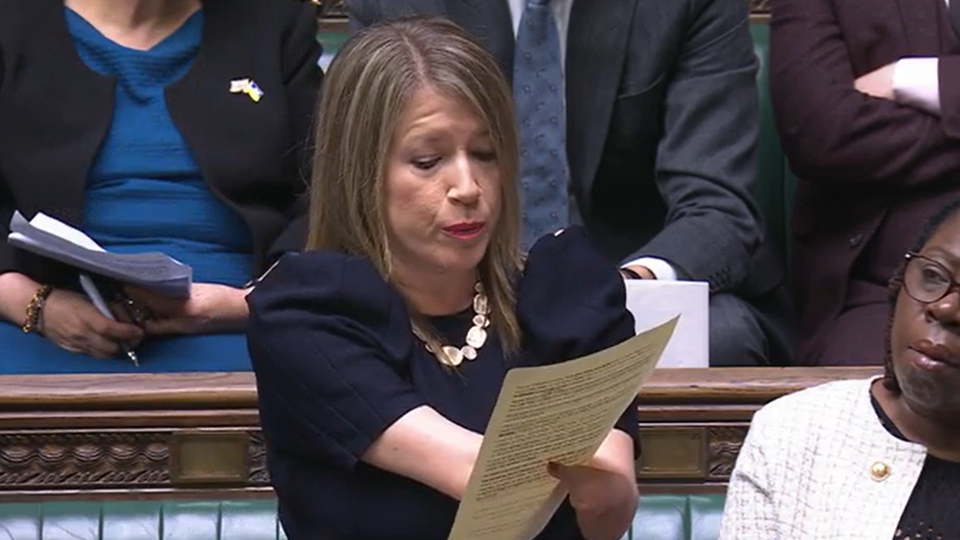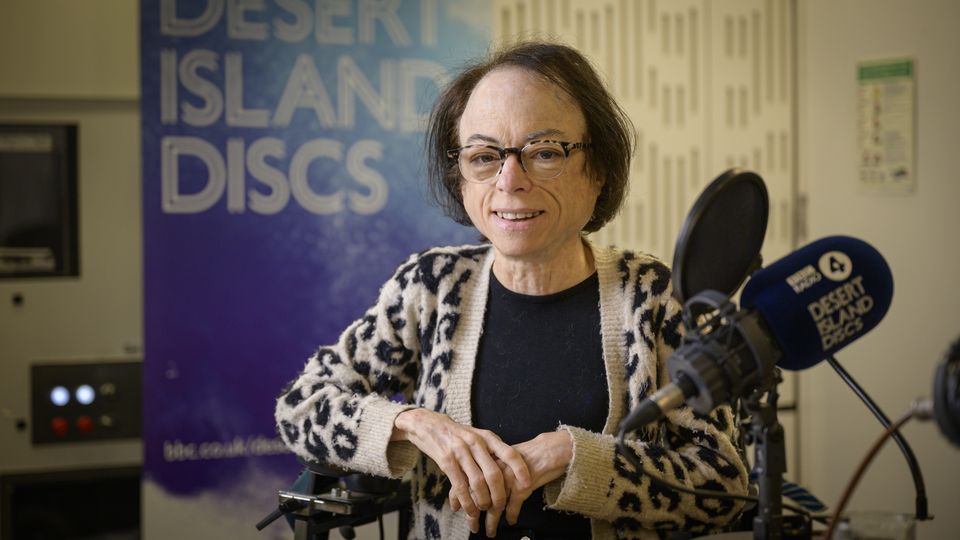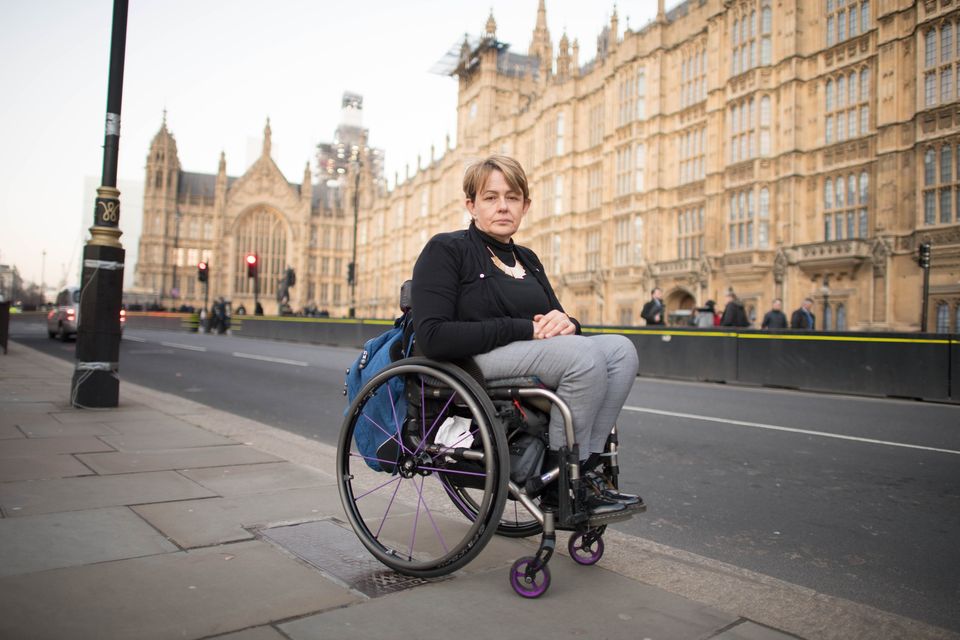A Labour MP who has lived with a disability all her life has described her decision to support the assisted dying Bill as “one of the hardest that I have had to make”.
Disabled people and disability rights campaigners appear to be divided over whether to support or oppose the Terminally Ill Adults (End of Life) Bill.
In the Commons, Marie Tidball (Penistone and Stocksbridge) argued it would empower people to make choices about their own deaths with “dignity and respect”, and indicated she wanted to see it undergo further scrutiny.
Labour MP Marie Tidball speaking in the House of Commons during the debate on the assisted dying Bill (Parliament TV/PA)
But others, like the actress and campaigner Liz Carr, have warned of a “fine line” between disability and terminal illness that could lead to risks of abuse and mistakes being made.
The legislation would allow terminally ill adults in England and Wales with less than six months to live to end their lives, subject to the approval of two doctors and a High Court judge.
Speaking in the Commons, Ms Tidball told MPs: “Today’s decision has been one of the hardest that I have had to make. In my career in disability law and policy, I chose not to focus on debates about whether disabled people should be born, or whether we should die.”
She added: “Today I find myself voting in a way that I thought I never would, I will be voting in favour of moving the Bill to the next stage of the legislative process.”
Sharing her personal experience, Ms Tidball said: “When I was six years old I had major surgery on my hips. I was in body plaster from my chest to my ankles, in so much pain and requiring so much morphine that my skin began to itch.
“I remember vividly laying in a hospital bed in Sheffield Children’s Hospital and saying to my parents ‘I want to die, please let me die’.
“I needed to escape from that body that I was inhabiting. That moment has come back to me all these years later. That moment made it clear to me that if the Bill was about intolerable suffering I would not be voting for it.”
The Labour MP said she had since lived a “good life”, but added: “That moment also gave me a glimpse of how I would want to live my death, just as I have lived my life. Empowered by choices available to me.
“Living that death with dignity and respect and having the comfort of knowing that I might have control over that very difficult time.”
Liz Carr has spoken of her opposition to the Bill (Amanda Benson/BBC/PA)
While she said she would vote for the Bill to undergo further scrutiny in Parliament, Ms Tidball urged MPs to consider stronger safeguards.
This included detailed definitions of what the Bill means by coercion and pressure, with the aim of preventing people from being pushed into seeking an assisted death.
Speaking from Old Palace Yard, actress and disability rights campaigner Ms Carr, 52, made clear her opposition to the Bill.
The star of TV shows Loki and Silent Witness joined a protest against the assisted dying Bill outside Parliament.
She said: “As disabled people, there’s a really fine line between terminal illness and disability.
“Our lives go in and out of the NHS and the medical system, and I think we are probably slightly less trusting than your average person.
“We know doctors are fallible, we know mistakes are made about prognosis, and we are concerned that the power that the medical profession wields in our lives will become more uncontrolled if this Bill goes through.”
Baroness Tanni Grey-Thompson says she does not believe there are safeguards in place that can guarantee protection for vulnerable people (Stefan Rousseau/PA)
Earlier this week, Paralympian Baroness Tanni Grey-Thompson warned disabled people are “really worried” about a Bill she described as “very loose” in terms of safeguards.
The former athlete, who would have a vote on the Bill if it progresses to the Lords, said she does not believe there are safeguards which can guarantee protection for vulnerable people.
She told the PA news agency she has concerns about “how unscrupulous people would use (a new law)”, and argued that terminal illness could be open to interpretation.
“If someone like me, as a paraplegic, got a pressure sore and it wasn’t healing, I would fit within that six-month diagnosis,” she added.


